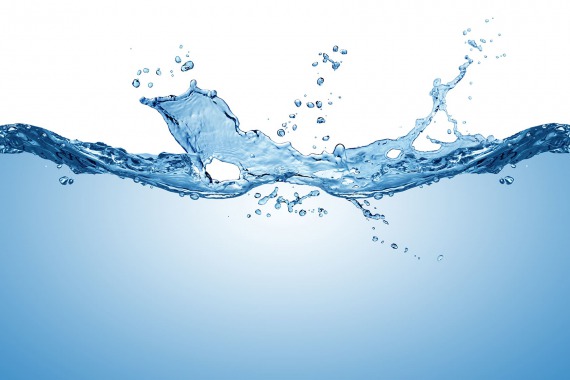The Art of Hydration: With summer right around the corner, it is important we begin paying attention to our hydration. Drinking water is one of the easiest things we can do to improve health.
So how much water should I drink a day?
An easy calculation: Body weight divided by 2 equals the amount (in ounces) of recommended water intake per day.
Example – a 200lb person (200 divided by 2 = 100) should drink 100 ounces of water per day. Or about eight, standard 12 ounce bottles of water. **this range can be increased or decreased depending on age, health, activity level, age and climate**
Water is of course found in most beverages. But those with high sugar content and alcohol, will actually decrease the body’s production of anti-diuretic hormone (making you pee more) and reduce the amount of water your body retains. They are also packed with non-essential “empty” calories.
Aside from plain water (which is the best source of hydration), one of the best ways to stay hydrated is by eating fruits and vegetables!
Cucumbers and lettuce are 96% water, zucchini and celery are 95%, tomatoes 94%, watermelon and strawberries 92% , grapefruit 91%, cantaloupe 90%, peaches 88%, pineapples and oranges 87%, all the way down to bananas that contain 74% water. No only do veggies aid in proper hydration, they also provide the essential vitamins and minerals that your body needs.
Why hydration?
Our body needs water to live – it is essential. Prolonged dehydration will catch up to you and can cause many conditions ranging from headaches, to urinary tract infections, to kidney failure.
The average human is composed of 55-60% water. At birth, human babies are composed of even more water—as much as 75%.
Water in our body serves to cushion and lubricate our joints, to regulate our body temperature, to nourish and protect our brain and spinal cord, to maintain proper body weight, and also to eliminate waste and toxins.
Interestingly enough, the human brain and heart are about 75% water, our lungs are about 83% water, and our seemingly “dry” bones are made up of 31% water.
Our body is desperate for water at all times. We cannot survive without it. Each day the average human loses between 2-3 liters (100 ounces) of water from our sweat, urine, bowel movements, and breathing. And while these functions are crucial for our survival, we have to compensate for the fluids that we lose.
If we lose fluid and do not adequately replace it, our brain send signals to our kidneys which create aquaporins which are special channels that enable our blood to absorb and retain water. This leads to concentrated, darker urine – which is the easiest dehydration sign to recognize.
Other changes that occur due to low water levels (or dehydration) are low energy, altered mood, dry skin, blood pressure changes, breathing problems, and also some cognitive impairment.
The brain can mistake dehydration as hunger causing increased or non-essential calorie intake and weight gain.
A dehydrated brain has to work much harder to accomplish the same amount as a normal brain (remember our brains are 75% water) and the brain even temporarily shrinks in order to compensate for the lack of water.
Learn more about Dr. Ayoola and Weight Loss Specialists of North Texas


